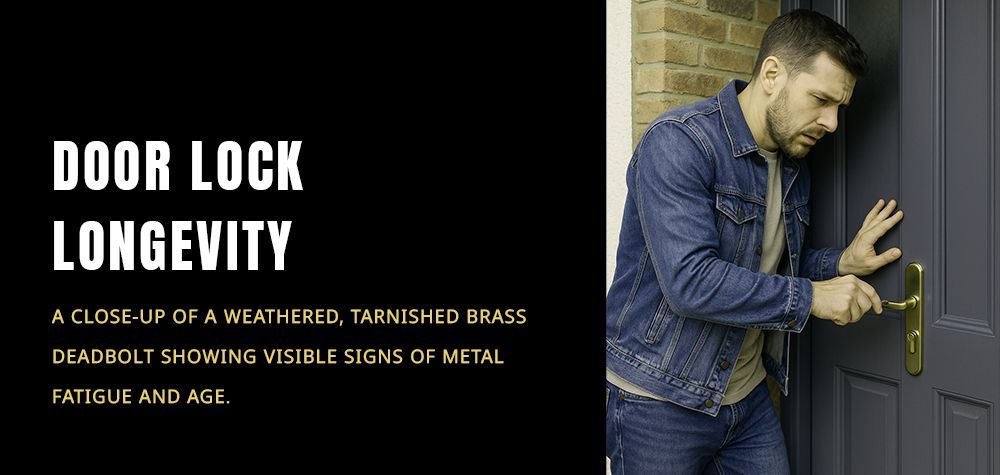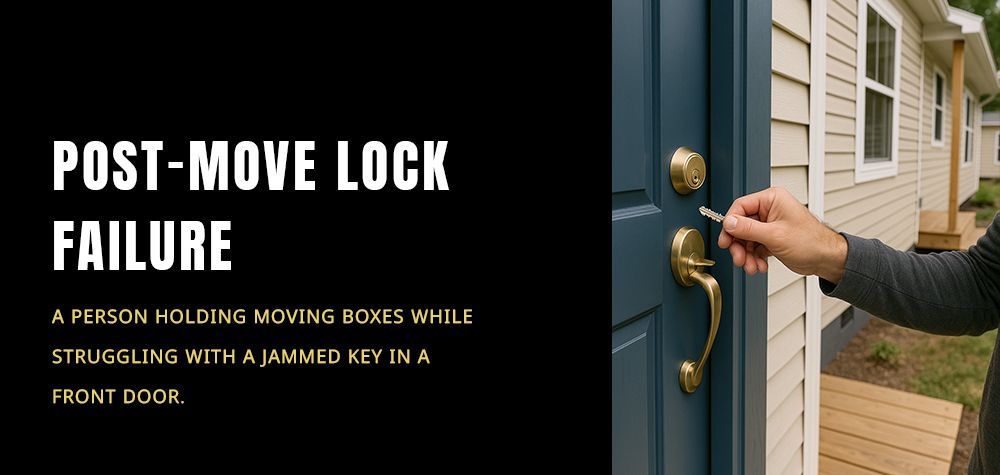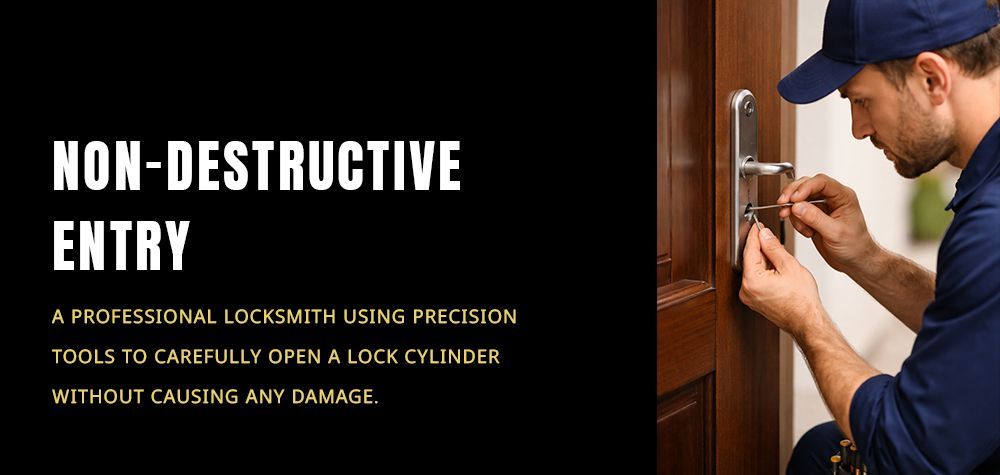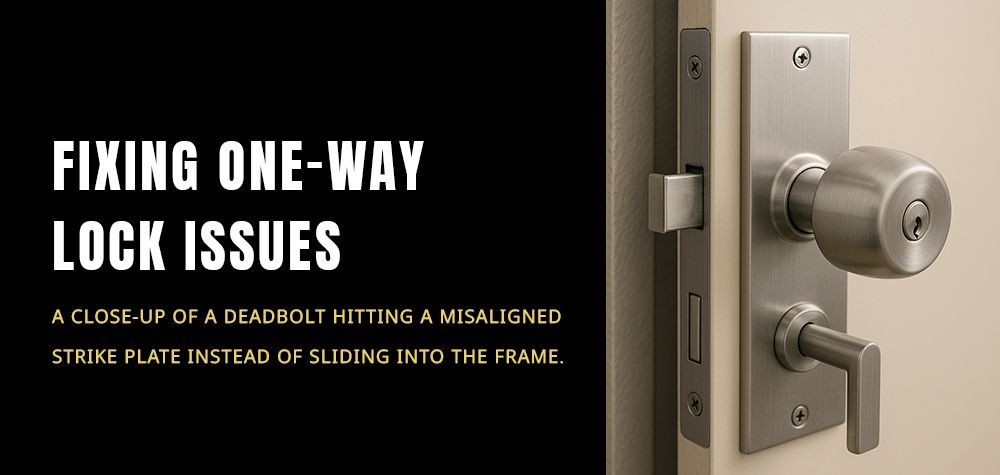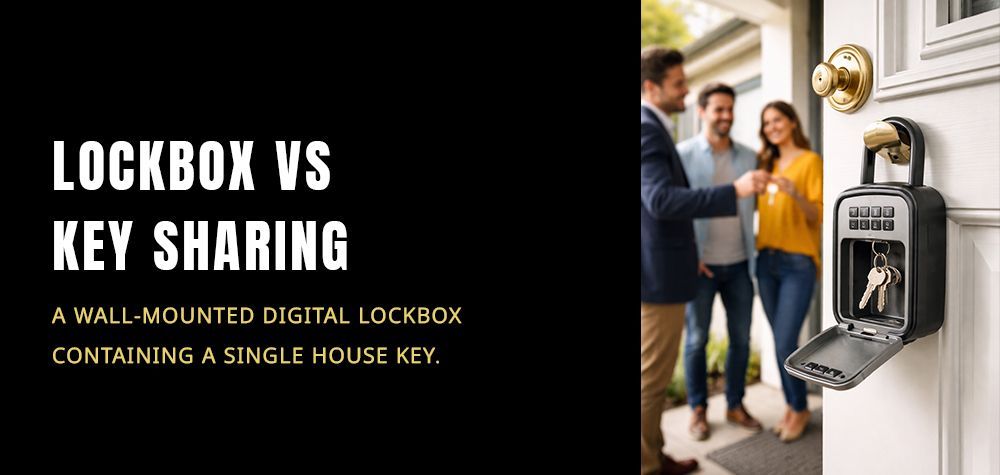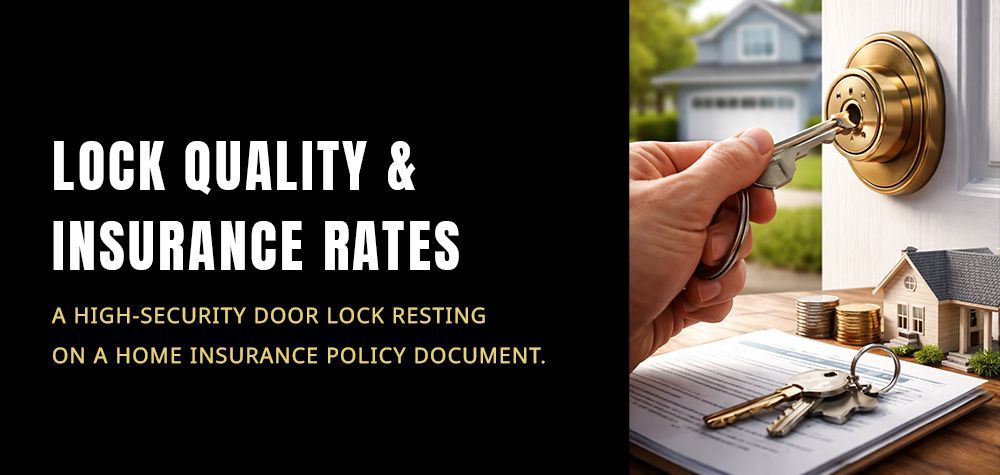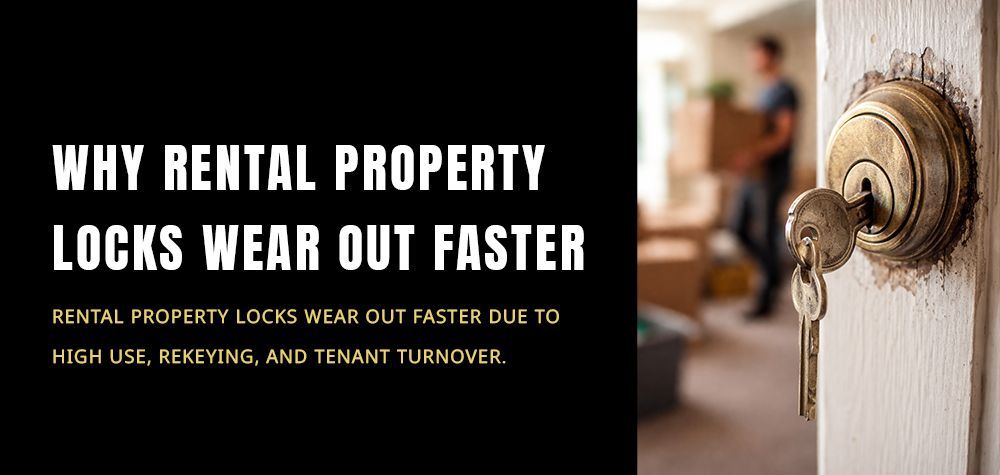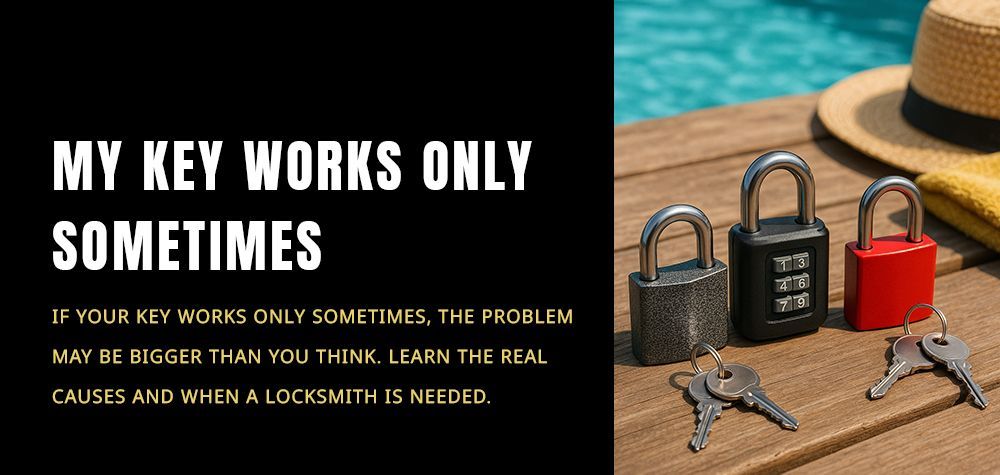How Does a Biometric Lock Work and Is It Secure?
Biometric locks have revolutionized the security industry by offering quick, reliable, and keyless access. But what makes them unique, and are they secure enough for homes and businesses? This article provides an in-depth guide to understanding how biometric locks work, their security features, and what to consider when choosing one.
Can Locksmiths Duplicate High-Security Keys?
1. What Is a Biometric Lock?
Biometric locks use physical characteristics—such as fingerprints, facial features, or iris patterns—to authenticate users. They replace traditional keys or passcodes, relying on personal biometric data to unlock doors.
2. Types of Biometric Locks
- Fingerprint Locks: Scans fingerprint ridges and valleys; the most popular and widely used biometric lock.
- Facial Recognition Locks: Scans unique facial features using cameras and algorithms.
- Iris Scans: Reads unique iris patterns, often used in high-security applications.
- Voice Recognition Locks: Analyzes vocal patterns; not as commonly used due to potential environmental interference.
Each type provides unique benefits and suits different security needs.
3. How Biometric Locks Work
- Data Capture: A sensor captures the biometric data (e.g., fingerprint) and converts it into a digital format.
- Data Storage: The lock stores this digital data either locally or in a cloud-based database.
- Authentication: Upon scanning, the system compares the live biometric data to the stored data. If there’s a match, the lock opens.
4. Are Biometric Locks Secure?
Biometric locks offer several security features:
- Encryption: Biometric data is encrypted, making it difficult for unauthorized parties to access or replicate.
- Anti-Tampering Measures: These locks often have sensors to detect tampering attempts and trigger alarms.
- Access Control Logs: Many models keep track of entries, allowing owners to monitor who accessed the lock.
5. Pros of Biometric Locks
- Convenience: No more keys or codes; access is fast and hassle-free.
- Personalized Access: Only recognized individuals can gain entry, reducing unauthorized access.
- Trackable: Logging features allow you to keep records of entries and exits.
6. Cons of Biometric Locks
- Cost: Biometric locks are generally more expensive than standard locks.
- Technical Issues: False negatives (failure to recognize authorized users) or positives are possible.
- Privacy Concerns: Data security is crucial; breaches could lead to unauthorized access to sensitive biometric data.
7. Choosing the Right Biometric Lock
Consider your security needs, budget, and the importance of data encryption. Research reputable brands and look for locks with good reviews on reliability and customer support. Look for locks with features that suit your environment, whether it’s a residential or commercial setup.
8. Biometric Locks for Home vs. Business Use
- Home Use: Ideal for those looking for convenience and quick access.
- Business Use: Multi-user capability and logging features are essential for tracking employees or visitors.
9. Biometric Locks vs. Traditional Locks
- Security: Biometric locks offer a higher level of personalized security, but traditional locks are often more resistant to technical failures.
- Convenience: Biometric locks win in terms of accessibility, while traditional locks may feel more dependable for many.
10. Maintenance Tips for Biometric Locks
- Clean Sensors Regularly: Keep fingerprint and facial recognition sensors clean for accurate readings.
- Update Software: Ensure any software updates are installed promptly for added security.
- Battery Maintenance: Check battery life on digital locks; consider backup power sources to avoid lockouts.
Conclusion
Biometric locks provide advanced security with convenience but aren’t free from limitations. By understanding their functionality, potential issues, and best applications, you can decide if a biometric lock is the right choice for your security needs. For both homes and businesses, a biometric lock offers a modern, efficient way to secure your property while adding an extra layer of personalization and control. For professional help, please reach out to Brothers Locksmith.
Call Us Any Time!


